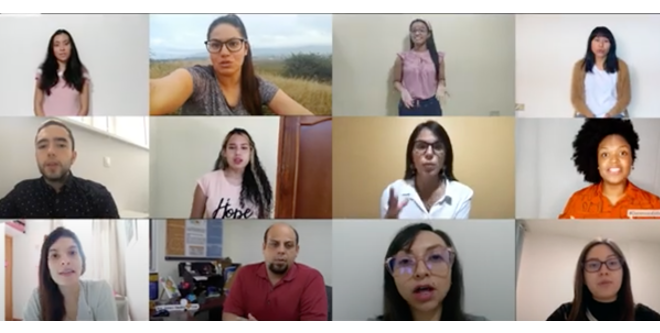Recognition Process Mexico
![]() México
México
Legal Framework
Political Constitution of the United States of Mexico
Institutional actors and operative instances
Undersecretary of Higher Education, General Directorate of Professions, Ministry of Public Education (SEP), through the General Directorate of Accreditation, Incorporation and Revalidation DGAIR.
Documentation required in order to initiate the recognition process
1. Consult the website of the Ministry of Public Education, place where the process must be carried out.
2. Go to the place with the required documents, such as:
a) Application (which is obtained at the time of the procedure).
b) Birth Certificate, duly legalized and/or apostilled. Translated to Spanish if necessary.
c) Degree, Certificate, Diploma to be revalidated, duly legalized and/or apostilled, as well as translated into Spanish, if required.
d) Academic Record: that certifies that the applicant concluded the level immediately prior to the studies he/she intends to revalidate. In case the applicant intends to revalidate the Professional Degree, the High School Certificate must be presented and if the applicant intends to revalidate a Postgraduate or Master’s Degree, the Professional Degree must be presented. (All documents must be duly legalized and/or apostilled, as well as translated into Spanish, if the case so requires).
e) Resident Card or migratory document, with the intention of demonstrating your legal stay in the country.
f) Certificate of grades and/or academic curriculum. In which the grades obtained can be observed, as well as the description of the subjects and learning units.
g) Copy of the Academic Program and/or Study Plan: showing the contents organized by learning areas, their sequence, credits granted, as well as the evaluation criteria can be observed. (These documents do not require legalization and/or apostille).
h) Original payment receipt of the corresponding fees.
Contact
E-mail: revalidaciones@nube.sep.gob.mx
liliana.gonzalezm@nube.sep.gob.mx
Department of Equivalencies and Revalidations, Avenida Universidad Núm. 1200, col. Xoco, Del.
Juárez, Mexico City, C.P.03330
To support ratification in Mexico, please write to:
President of the Senate: Sen. Oscar Eduardo Ramírez Aguilar
https://twitter.com/ramirezlalo
https://twitter.com/senadomexicano
E-mail: oscar.ramireza@senado.gob.mx
President of the Chamber of Deputies: Dulce María Saurí Riancho, Dip.
https://twitter.com/DulceSauri
https://twitter.com/Mx_Diputados
E-mail: dulce.sauri@diputados.gob.mx
RELATED ITEMS




